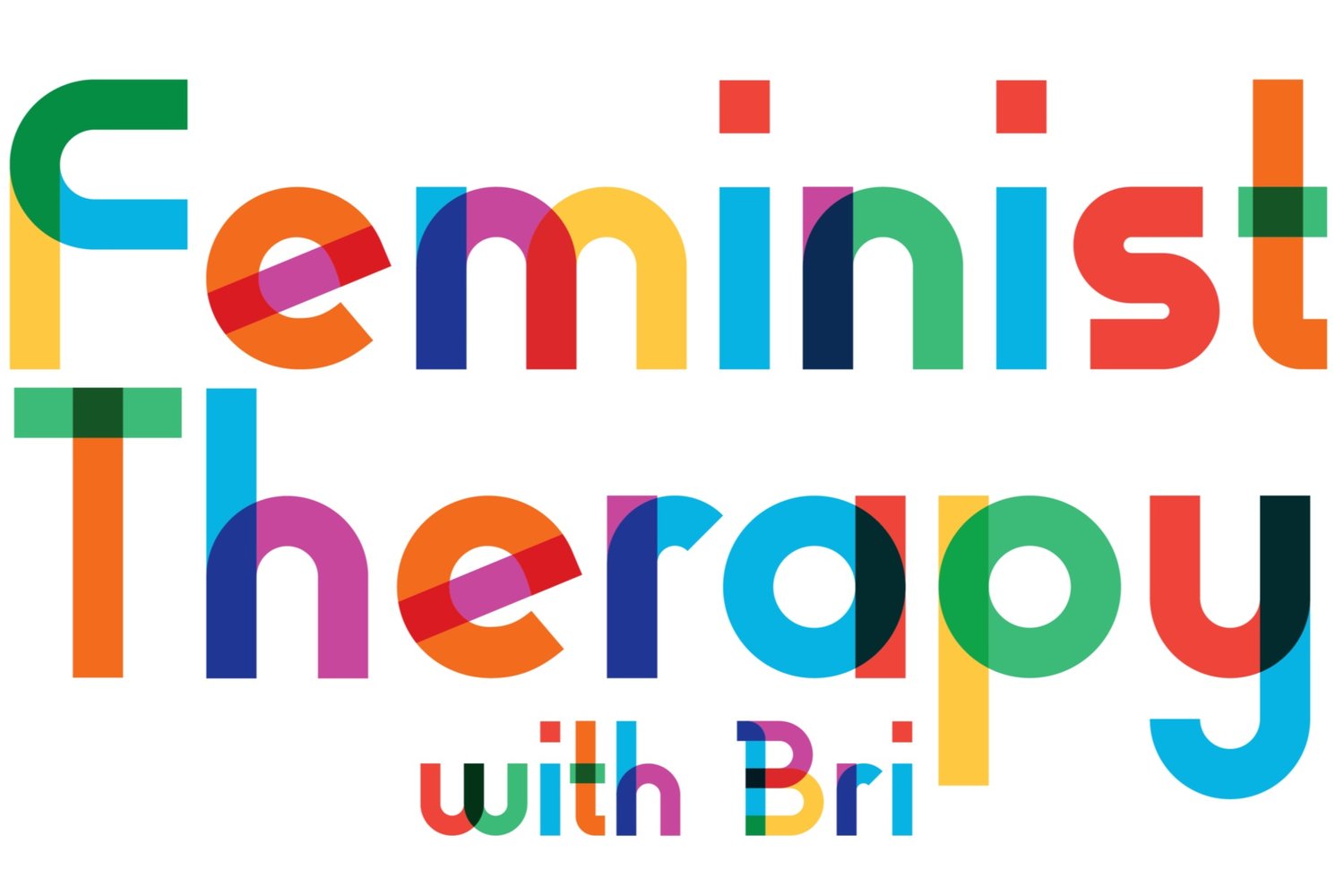What is feminist therapy?
First, like feminism itself, there is no single unified theory of feminist therapy. Rather, as psychotherapy and counselling grew, feminist scholars and feminist practitioners and found the field lacking in women’s voices and women’s experiences. Modern feminism expands the narrow initial view of feminism, which was by and for wealthy white women, to include the diverse voices and experiences of groups experiencing oppression.
I found feminism in university, where I quickly changed my academic focus to include Women and Gender Studies. Gender studies gave me the language and the theoretical context to understand things I’d previously thought and felt but didn’t have the ability to express. Like when I was a summer camp counsellor and I was told that I needed to dress myself in a certain way to ensure that “my Christian brothers didn’t stumble in their walk with Christ.” Or when sexually explicit phrases were shouted at me when I was running at the age of 14. Or when, or when, or when. Finding the work of scholars and activists was enormously validating and fuelled a fire for equality and justice that I’d always had.
As a white, cisgender woman, my experiences reflect a huge amount of privilege. My growth has required me to sit with privilege and discomfort and learn about the experiences of others. It’s important to note that I continue to make mistakes and assumptions, and I continue to learn. I’m fortunate to be called in by others when I do means up – this means that they believe in my ability to learn and grow and change. The work of unlearning is never done.
Generally, there are some agreed-upon principles. These ones are important to me and relevant to the work I do as a therapist, an activist, and educator, and an ally.
1. The personal is political (critical consciousness).
Feminist therapy refuses to focus on individual pathology, but instead strives to understand the individual and any presenting issues within a political and social context. “The personal is political” has a long history in the feminist movement as a way of explaining how women’s experiences are rooted in the political situation and in gender inequality. The modern movement no longer focuses exclusively on the experience of (white) women but includes a range of identities, arguing that what happens in our personal experience is inextricably linked to broader context and to structures of power.
2. Commitment to social change.
Feminist therapists believe that direct action for social change is one of our responsibilities as therapists, to our clients and to our communities. As a therapist who specializes in sexual and gender-based violence, I commit time outside of my professional life to volunteer, organize, advocate, and raise funds to envision a world without violence. Feminist therapy brings the commitment to social change into the work, supporting clients in examining and understanding the roles of power and privilege and the way societal and political factors interact.
3. Celebration and recognition of diverse ways of knowing.
While feminist therapy (and feminism) originally focused on white, wealthy women, modern approaches celebrate the valuable sources of strength and knowledge found in the lived experience of those who have experienced oppression or discrimination or who have otherwise challenged the status quo. The white, male medical model where psychotherapy originated was preoccupied with a search for objective truth, while feminist therapy values and honours diverse ways of knowing and existing in the world.
4. Egalitarian counselling relationship.
The therapeutic relationship can come with its own power imbalance: medical professional and patient, teacher and student. Feminist therapists strive to shift this imbalance through authenticity, respect, and open conversations about the therapeutic relationship to arrive at an egalitarian relationship. This examination and discussion of power and role differences within therapy can facilitate dialogue about other examples of power imbalance and the ways in which different aspects of existence are impacted by power.
5. Reimagining “psychological distress.”
Typically, feminist therapists do not buy into the disease model of mental health and mental illness and feminist therapists may be less likely to believe in the importance of diagnostic labels when it comes to the therapeutic process. All mental health exists on a spectrum and maladaptive symptoms can be understood as survival strategies. Additionally, feminist therapy honours the existence of diverse realities and strives to meet others where they’re at.
6. Recognition of privilege, oppression, and intersectionality.
Intersectionality, a theory first published by Kimberlé Crenshaw in 1989, argues that our overlapping political and social identities overlap in unique and dynamic ways to create different experiences of oppression and discrimination. In her paper, she used the example of her lived experience as a Black woman: the oppression and discrimination related to her Blackness was not separable from the oppression and discrimination related to her gender, but instead these identities influence and reinforce one another to create a new and separate lived experience. Feminist therapy uses an intersectional lens to examine how our identities influence our experiences and the ways in which we exist in the current world. This can include issues of race, gender, sexuality, class, size, physical appearance, (dis)ability, among others.
